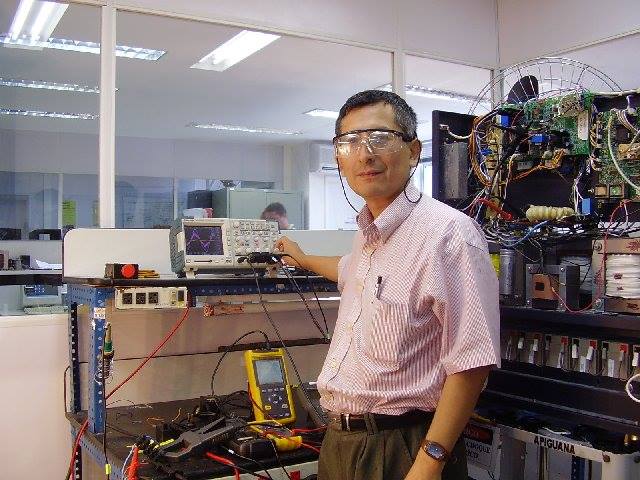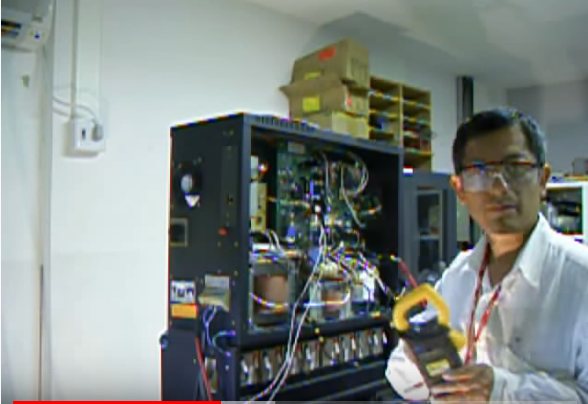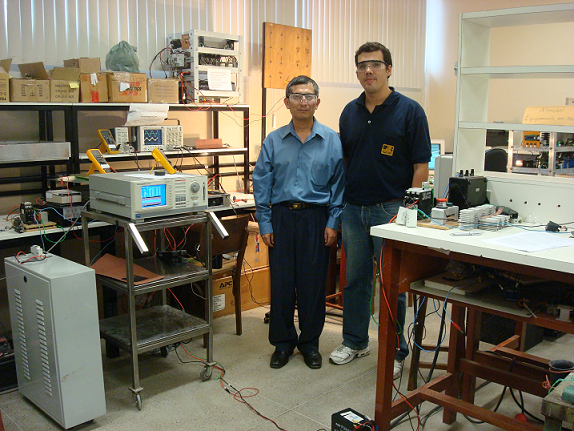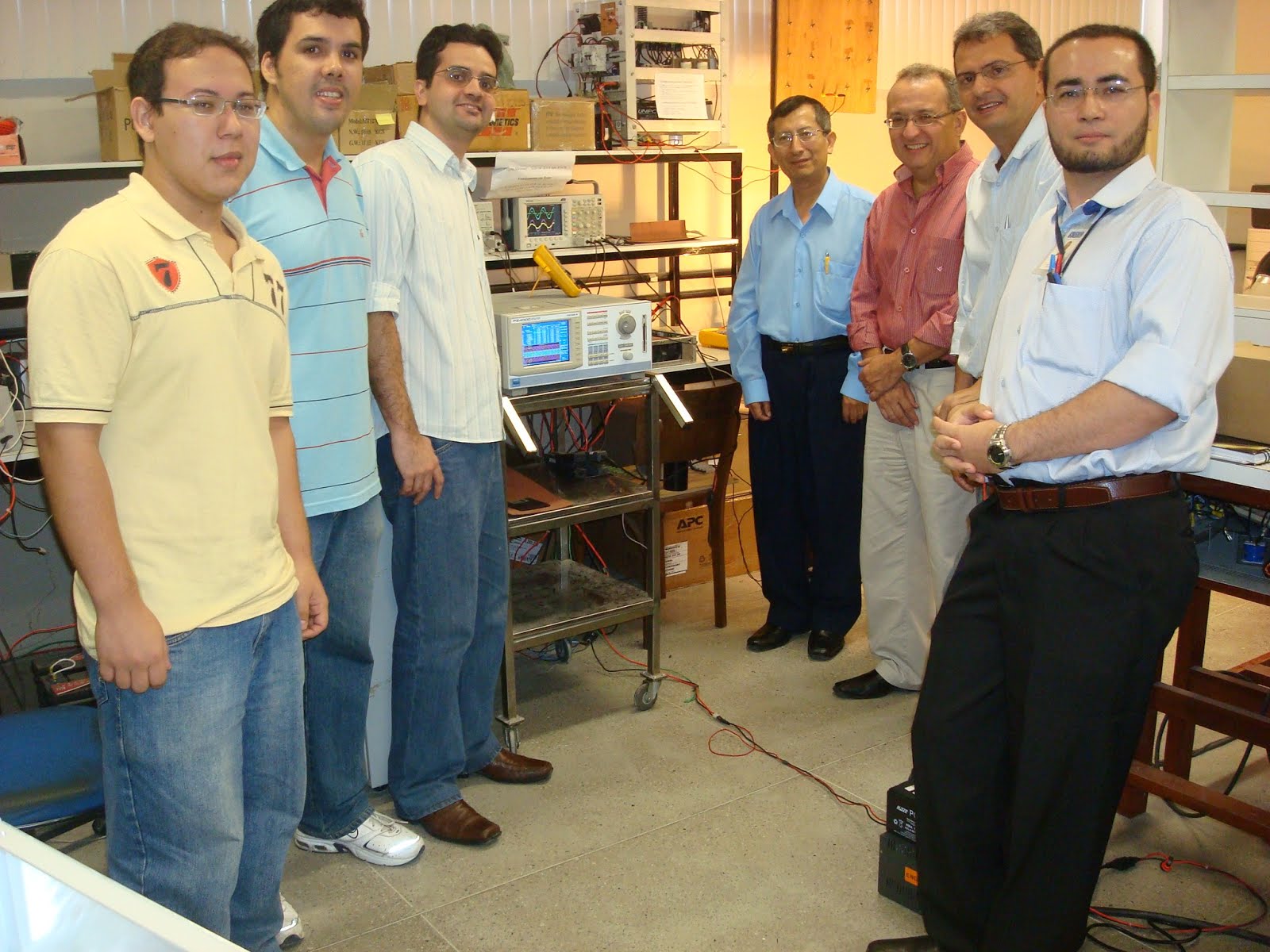domingo, 8 de maio de 2011
IIT - Indian Institute of Technology - World's Best Educational Institutes & Pride Of India
A documentary movie on IIT and its brand reputation. The world's toughest educational institute to get into. Acceptance rate- less than 1.7%. Its a famous saying that combine Harvard, MIT and Princeton - then you will get a feel of the level of IIT. It is very economical and students pay only $700 to study the best-in-the-world education. There are 15 IIt in India, the best ones being Mumbai, Delhi, Kharagpur, Chennai, Kanpur and Roorkee.
Some of Notable alumni include Vinod Khosla, Shailesh Mehta, Narayan Murthy, Rajat gupta, Arun Sarin and many more
The biggest Indian hit movie, '3 Idiots', was based on author Chetan Bhagat's experiences in his engineering life at IIT Delhi.
Students all over India start dreaming of IIt when they are 10 and when they finish their 10th class, they join specialized coaching institutes and study for 10 hours everyday (minimum) for next 2-3 years, and then if they do well then some lucky 3000 people are accepted at these top institutes out of almost 200000 plus applicants. Its a dream.. a way of life.. the best of life.. its best of the India.
The Indian Institutes of Technology (IITs) are a group of 15 autonomous engineering and technology-oriented institutes of higher education established and declared as Institutes of National Importance by the Parliament of India. The IITs were created to train only scientists and engineers.
sábado, 7 de maio de 2011
PROBLEMAS DE GEOMETRIA DESCRIPTIVA

Título: Задачник по начертательной геометрии Livro de problemas de geometria descritiva
Автор(ы): Autor (es): Локтев А. В., Числов П. А. Loktev AV, Número de PA
Описание: Descrição: Задачник по начертательной геометрии составлен в соответствии с программами для машиностроительных, приборостроительных и механико-технологических специальностей высших учебных заведений и применительно к учебнику «Краткий курс начертательной геометрии» О. В. Локтева и И. М. Глазуиновой. Livro de problemas de geometria descritiva está em conformidade com os programas de construção de máquinas, instrumentos e especialidades de mecânica tecnológica do ensino superior e em relação ao livro "Um curso de curta duração em geometria descritiva" O. Loktev e IM Glazuinovoy. Он включает задачи, помогающие студентам готовиться к соответствующим практическим занятиям, задачи, которые должны обеспечить успешное изучение курса в течение семестра, и задачи, назначение которых – облегчить подготовку к экзамену в период сессии. Isso inclui tarefas que ajudam os alunos a se preparar para as aulas práticas relevantes, as tarefas para garantir uma trajetória de sucesso de estudar por um semestre, e as tarefas cuja finalidade - para facilitar a preparação para o exame durante a sessão. Может быть также полезен при заочной форме обучения. Pode também ser útil em cursos por correspondência. В задачнике приводятся примеры решения типовых задач с показом процесса решения и поэтапным выполнением чертежей. No livro de problemas são exemplos de problemas típicos com o processo de resolução de exibição e planos de implementação .
LINK FOR DOWNLOAD:
http://download.nehudlit.ru/nehudlit/self0020/120207_loktev.rar
TEDxSanJoseCA - Jonathan Trent, PhD - Can We Cultivate Energy?
De: TEDxTalks | Criado em: 17/04/2011
NASA Nanotechnology Scientist
To provide practical answers to critical questions regarding sustainable energy, Jonathan Trent initiated a project called "Global Research into Energy and the Environment at NASA (GREEN)." This project, supported by Google, led him to investigate biofuels that do not compete with agriculture. With a Ph.D. in Biological Oceanography from Scripps Institution of Oceanography, Jonathan turned his attention to the oceans as the energy frontier for biofuels and he developed a system called "OMEGA" (Offshore Membrane Enclosures for Growing Algae). OMEGA emerged from his knowledge of the ocean, his years of training in microbiology in prestigious labs in Germany, Denmark, and France, and his knowledge of engineering from his research at Argonne National Lab in Chicago and, for the last 12 years, at NASA Ames Research Center in Mountain View. The OMEGA project is supported by the California Energy Commission and NASA Aeronautics Research Mission Directorate.
TEDxSanJoseCA - Jeff Greason - Rocket Scientist: Making Space Pay and Having Fun Doing It
Jeff Greason has devoted his life's work to creating and managing innovative technical project teams at XCOR Aerospace, Rotary Rocket Company (RRC), and Intel Corporation. Time magazine named Jeff as one of their "Inventors of the Year" for his team's work on the EZ- Rocket in 2002. He is the president and co-founder of XCOR; leading an engineering team that has developed 11 different long life, highly reusable, liquid-fueled rocket engines using nitrous oxide, liquid oxygen, and hydrogen peroxide oxidizers, with kerosene, alcohol, ethane, and other nontoxic propellants. Under Jeff's leadership the company has also developed low cost liquid propellant piston pumps and two generations of piloted reusable rocket aircraft. The EZ-Rocket was flown 26 times, and the X-Racer flew 40 times, without a mishap. Jeff is also the co-inventor of XCOR's Nonburnite technology.
segunda-feira, 2 de maio de 2011
Visite de la Station Spatiale Internationale ISS Part1 Visiting International Space Station Visitando la Estación Espacial Internacional
De: milarico06 | Criado em: 28/02/2011
Visite de la Station Spatiale Internationale par Pedro Duque (Espagne) en Octobre 2003
Visiting International Space Station by Pedro Duque (Spain) in October 2003
Visitando la Estación Espacial Internacional por Pedro Duque (español) en octubre 2003
La tripulación de la Estación Espacial Internacional habla de la vida a bordo euronews, i talk
Hace 50 años Yuri Gagarin realizó el primer viaje del hombre al espacio. Muchas cosas han cambiado desde entonces allí arriba. Actualmente seis astronautas viven y trabajan en la Estación Espacial Internacional. Los espectadores de Euronews les han hecho varias preguntas sobre su labor.
Sus investigaciones no sólo facilitarán, por ejemplo, el viaje a Marte. También tendrán sus efectos sobre la Tierra. Están estudiando varias enfermedades cardiovasculares, el funcionamiento del cerebro y un tratamiento contra la osteoporosis.
Desde el espacio, cuentan cómo es la vida con gravedad cero y cómo se ve la Tierra desde tan lejos.
ISS astronauts answer questions on life in space euronews, i talk.flv
Europe - ISS - Space mission - Space research
The focus of this week's i-talk, Euronews' new programme presented by "Mr. Europe" Alex Taylor, is the 50th anniversary of Yuri Gagarin's trip to space -- the first ever manned space-travel.
Answering the viewers' questions are the International Space Station's current occupants: commander Dimitri Kondratyev, flight engineer Katie Colman, Paulo Nespoli, Andrei Samokutyaev, Ron Garan and Andrey Borisenko.
Find out how their experience is contributing to medical research, whether space tourism is just round the corner, and what happens to the human body when you spend time in space.
This week, in i-talk, with Alex Taylor.
domingo, 1 de maio de 2011
PREMIO JOVEN CIENTISTA BRASIL
O Globo Universidade, deste sábado, 2 de abril, comemora três anos no ar com uma reportagem especial sobre o 24º Prêmio Jovem Cientista, resultado de uma parceria entre o Conselho Nacional de Desenvolvimento Científico e Tecnológico (CNPq) e a Fundação Roberto Marinho (FRM). O repórter Paulo Mário Martins visita vários estados para entrevistar estudantes premiados e mostra como o incentivo à pesquisa traz benefícios para o dia a dia da sociedade brasileira.
Em 2010, o Prêmio Jovem Cientista teve como tema Energia e Meio Ambiente: Soluções para o Futuro. A cerimônia de premiação aconteceu em novembro no Palácio do Planalto. A equipe de reportagem do Globo Universidade acompanhou o trabalho de um dos vencedores: o estudante de Engenharia Elétrica da Universidade Federal do Ceará (UFC) Eduardo Façanha.
Inscrito como bolsista de Iniciação Científica, ele desenvolveu uma nova tecnologia capaz de converter energia eólica em elétrica. Para isso, contou com a orientação dos professores do Laboratório do Grupo de Processamento de Energia e Controle da UFC. "Devido às condições geográficas", explicou, "o Nordeste é a região do Brasil com maior potencial eólico". Façanha afirmou que escolheu este tema por carecer de tecnologia nacional, apesar de ser "limpa, sustentável e de fácil utilização".
As vantagens do aparelho criado pelo estudante estão no uso, durabilidade e também por não depender de uma rede elétrica convencional. "Pode ser usado para abastecer comércios e residências em locais onde ainda não há eletricidade", informou. Além disso, funciona como um complemento às chuvas. "É durante os momentos de estiagem, quando os reservatórios do Rio São Francisco estão baixos, que nós temos os maiores índices de velocidade dos ventos na região", avaliou. Para completar seu ciclo de aprendizagem, Façanha apresentou a mesma pesquisa como Trabalho de Conclusão de Curso.
No quadro Fora de Série, o programa entrevista a doutoranda em Engenharia de Minas, Metalurgia e Materiais da Universidade Federal do Rio Grande do Sul (UFRGS), Eunice Maria Vigânico. Ela pesquisa uma nova tecnologia para a produção de sulfato ferroso a partir de resíduos da mineração do carvão. No Mérito Acadêmico, Leandro Alves de Souza, aluno de Engenharia Química da Universidade Federal do Rio de Janeiro (UFRJ), descreve seus estudos sobre um catalisador que transforma óleo de cozinha em biocombustível. No Eu amo meu trabalho, a bióloga Joana Fidelis da Paixão conta como o Prêmio Jovem Cientista impulsionou sua carreira acadêmica.
Assinar:
Postagens (Atom)








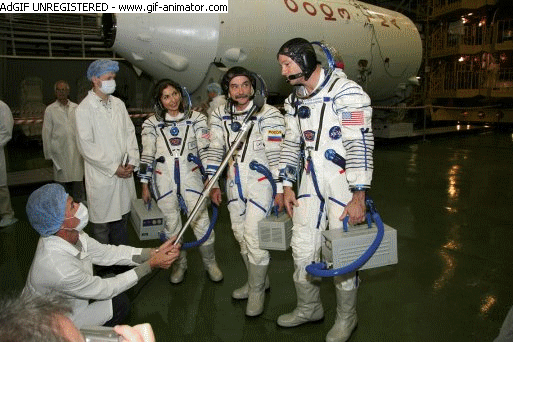

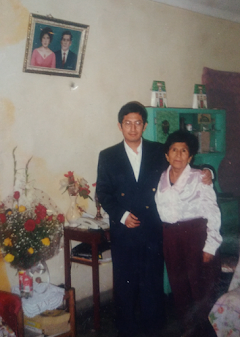





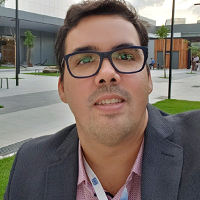
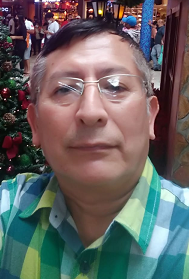





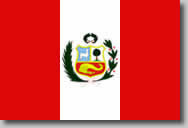






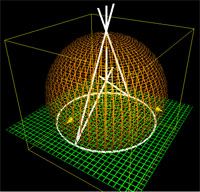


 JOSIL ARTISTA PLASTICO FORTALEZA CEARA BRASIL AV.HERACLITO GRAÇA 41 TEL(85)32542378
JOSIL ARTISTA PLASTICO FORTALEZA CEARA BRASIL AV.HERACLITO GRAÇA 41 TEL(85)32542378